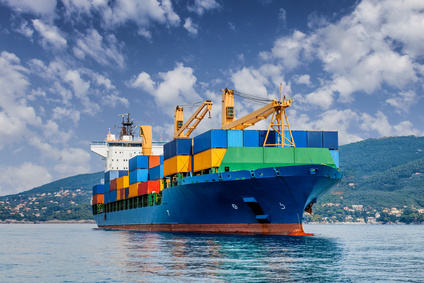Three ways freer trade and the TPP will benefit Canadians

After years of negotiations, 12 Pacific Rim countries, including Canada, have reached a tentative trade deal. The Trans-Pacific Partnership (TPP) covers 40 per cent of the global economy. But is it a good deal? Is it even a good idea to trade more openly with other nations?
The second, more general question is easier to answer than the specific one. And the answer is a resounding “yes.” Indeed, the benefits of trade come in several forms. First, there are the benefits of comparative advantage. Canada should export grains and import coffee beans, rather than grow coffee beans in Canadian greenhouses and have other, water-deprived countries try to grow grains.
There are benefits related to a larger scale of operation. In the 1960s, the Canadian Auto Pact permitted manufacturers to ship their vehicles tax-free across the border. This meant that only some of a manufacturer’s models were assembled in Canada and some in the U.S., according to their specialties. As a rule, specialization increases efficiency.
Third, we benefit from the diffusion of knowledge. With freer trade, we can get the benefits of research and development undertaken abroad, and new production processes developed in the countries we trade with.
Back in the day, some political parties objected to parts of the 1994 North American Free Trade Agreement (NAFTA) between Canada, the U.S. and Mexico. Looking back, though, no political party would want Canada to revert to its pre-NAFTA trading status. This pact encouraged imports and exports, improved average living standards and resulted in a more efficient economy for all three countries.
As for the TPP, the text of the full agreement has not yet been revealed, so it’s more difficult to evaluate. One major objection has been a worry about the distribution of gains — that there might be benefits for corporations but not workers. For example, there are concerns that drugs might get more expensive as a result of longer patents and that international corporations would be allowed to sue governments for infringing on their trading “rights.” But if what we’re currently hearing is true, the agreement will not be so stacked in favour of capital.
A focal point of concern in Canada has been agriculture — particularly the dairy sector, which is heavily protected. Costs have been driven up by government-created milk and cheese quotas.
These policies benefit farmers, most of them quite large businesses, at the expense of consumers, who must pay higher prices. To make matters worse, higher prices hit low-income households hardest, as they spend a larger share of their incomes on food.
But if concern for farmers is the issue, then critics can rest easy, as the government promises to compensate them for losses related to the deal. And let’s not forget about exports. Canada will gain from improved access to markets that are currently protected — Japan in particular — by increasing its exports of grains, meats and commodities.
It’s true not every sector of every economy participating in a trade deal can benefit. But on balance, trade deals are not zero-sum games; they are positive-sum, which means all the participating countries, and the large majority of their citizens, should benefit from freer trade.
Ian Irvine est chercheur associé à l'Institut économique de Montréal. Il signe ce texte à titre personnel. Ce texte d'opinion a aussi été publié dans le Metro Ottawa, le Metro Vancouver, le Metro Calgary, le Metro Halifax, le Metro Edmonton et le Metro Winnipeg.

